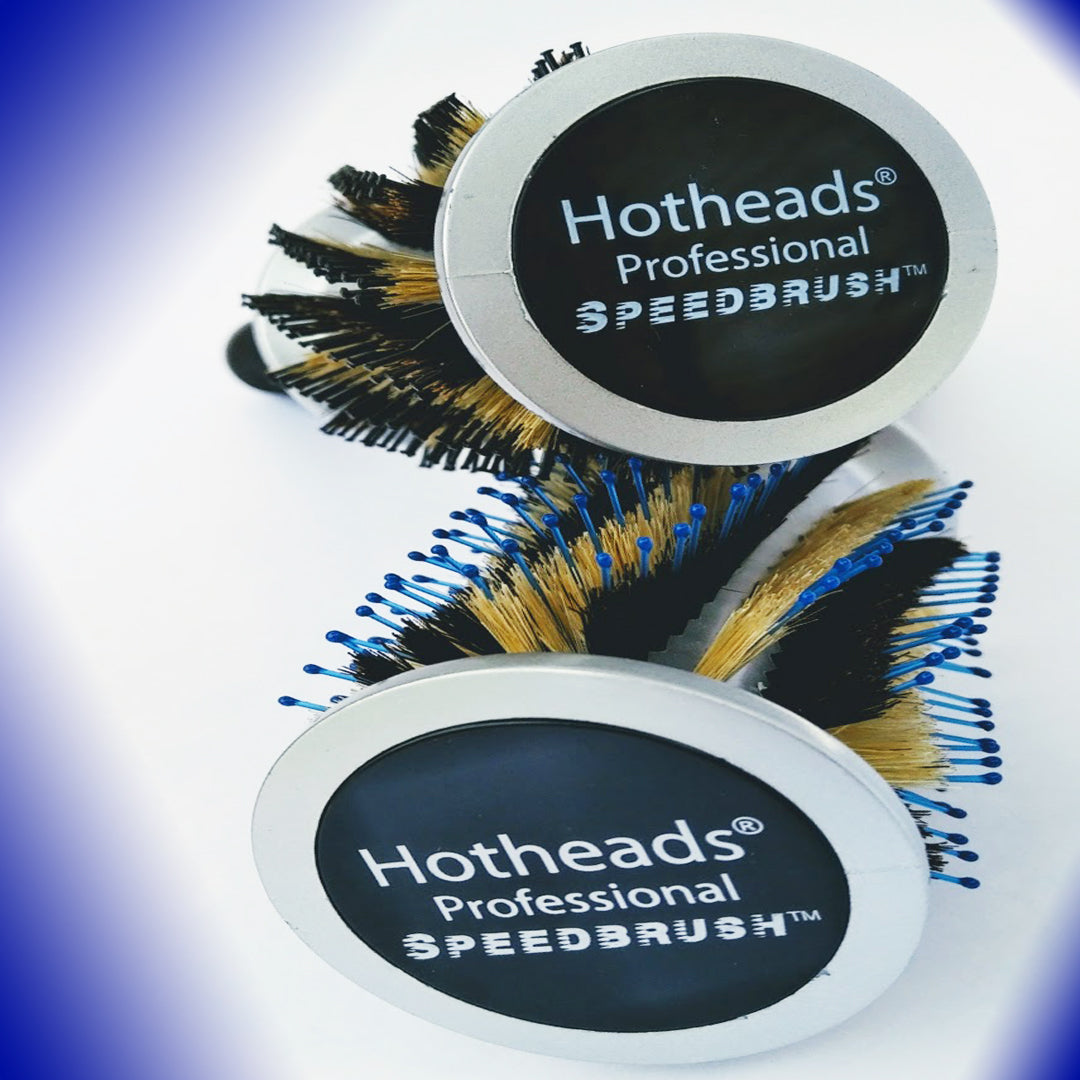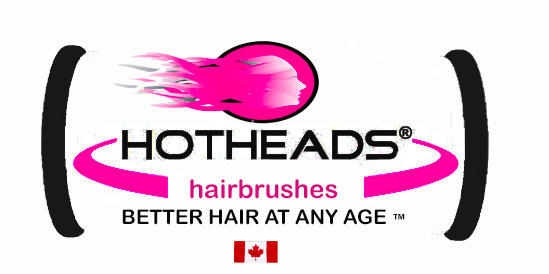
SLIPPY vs GRIPPY or ADJUSTABLE TENSIONS™
Balancing Slip & Grip: The Secret to a Superior Styling Brush
A truly exceptional styling brush effortlessly glides through fine, fragile hair while also creating the necessary tension for taming unruly, frizzy locks. Achieving this balance depends on the type, density, and arrangement of bristles—elements that directly influence a brush’s performance.
Understanding Slip & Grip
· Slip refers to the ease with which a brush moves through hair, providing minimal resistance. Brushes with low-density, short nylon bristles allow hair to slide through smoothly, making them ideal for fine textures.
· Grip, on the other hand, means the brush can securely hold the hair with minimal effort. High-density bristles—often longer and staggered—offer a strong grip, which is particularly useful for styling thick or curly hair. However, excessive grip can lead to tangling if the brush isn't carefully designed.
A brush that offers only slip requires extra effort from your wrist and hand to create tension manually, increasing the risk of repetitive strain injuries. Meanwhile, a brush with only grip can make styling more challenging without proper technique.
Mastering the Art of Tension
The way you hold your brush determines how much tension is applied:
· A 90-degree angle creates a firmer grip, ensuring better control over each section.
· Adjusting the brush to a 15-degree angle softens the grip, allowing smoother movement through the hair.
Let the brush do the work for you rather than relying on excessive twisting of the wrist or excessive heat, which can damage hair both externally and internally.
The Importance of a Balanced Bristle Design
HOTHEADS® styling brushes feature the innovative 3D BRISTLE PATTERN™, allowing for customizable tension. Whether you're looking for effortless slip or strong grip, these brushes provide the flexibility needed for optimal results.
Styling Smarter, Not Harder
Professional stylists understand that hair sets best when wet or damp:
· Wet hair stretches up to 50%, making it ideal for smoothing thick or curly textures.
· Dry hair stretches about 20%, meaning fine, fragile strands should be 70–80% dry before using a styling brush for best results.
When selecting a styling brush, consider the balance between slip and grip. HOTHEADS® Hairbrushes are designed to enhance blow-drying efficiency while minimizing strain, giving you the best of both worlds in a single tool.
3D BRISTLE PATTERN®


Nylon long bristle
Aerated brush style short nylon bristles with cut end finish.


Flat high density bristles

